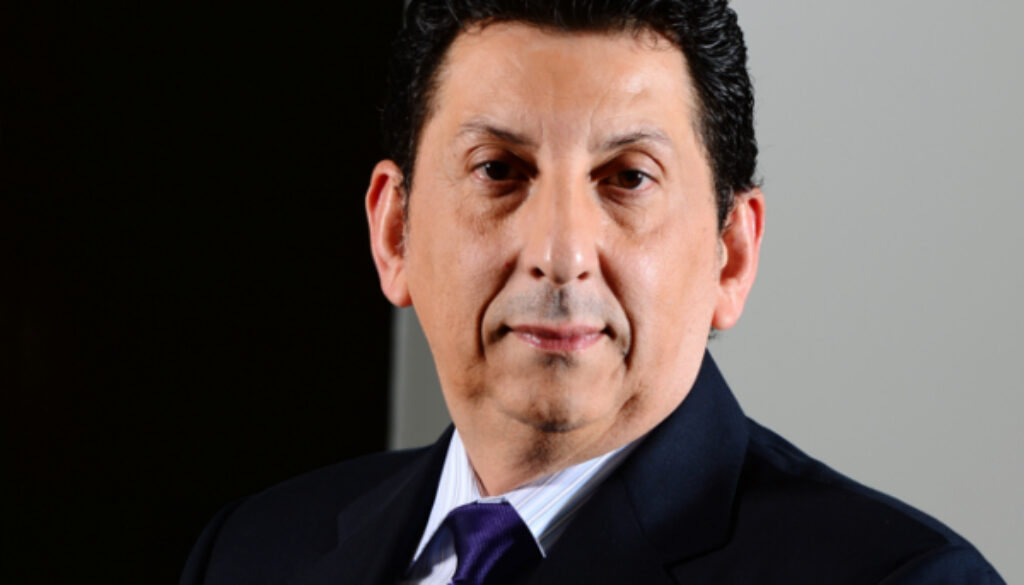Globacom CEO Ahmad Farroukh Resigns After One Month Amid Leadership and Governance Challenges
Ahmad Farroukh, appointed as CEO of Nigerian telecom giant Globacom in October 2024, has stepped down just one month into his tenure. While Globacom has yet to issue an official statement or inform its staff internally, multiple industry sources have confirmed the resignation, citing organizational challenges as a key factor.
Farroukh’s abrupt exit sheds light on longstanding governance and structural issues within Globacom. A mid-level manager at the company, speaking anonymously, suggested that internal inefficiencies and a centralised decision-making process played a role in the CEO’s departure. Similarly, an executive at the Nigerian Communications Commission (NCC), who declined to be named, confirmed the resignation but withheld further details.
Globacom has often been criticized for its reliance on founder Mike Adenuga’s direct involvement in day-to-day operations. Adenuga oversees the telecom company alongside his other ventures in oil, gas, finance, and real estate, with little structural separation between these businesses. While this approach has sustained the company in the past, it may have clashed with Farroukh’s expectations of greater operational independence, given his previous experience in structured organizations like MTN and Airtel.
Farroukh’s resignation comes at a difficult time for Globacom, which is grappling with multiple challenges. The NCC’s recent audit revealed that over 40 million Globacom subscribers were not properly registered with their National Identification Numbers (NIN), a violation of government regulations. This compliance issue caused the company to lose significant market share, shrinking its hold on the Nigerian mobile market by 60%, leaving it with just 12%.
Additionally, Globacom has faced cybersecurity concerns, including a major data breach in 2023 that exposed the personal information of millions of customers. These operational and reputational setbacks have created an environment where meaningful leadership changes may be difficult to implement quickly.
“A CEO leaving within a month is unprecedented in the telecom industry,” said Ayoola Oke, a former Special Adviser to the NCC’s former Executive Vice-Chairman Ernest Ndukwe. “The NCC has the authority to investigate the reasons for this exit, either by questioning the CEO—who is not obligated to respond—or by seeking explanations from the company under corporate governance provisions in the NCC Act.”
The leadership vacuum left by Farroukh raises concerns about Globacom’s ability to address these internal and external challenges effectively. Without significant structural reforms, the company risks further erosion of its market share and credibility. As Globacom searches for a new CEO, it faces mounting pressure to modernize its governance structure, improve regulatory compliance, and strengthen its operational resilience to compete in Nigeria’s dynamic telecom market. Whether the company can adapt to these demands remains to be seen.




